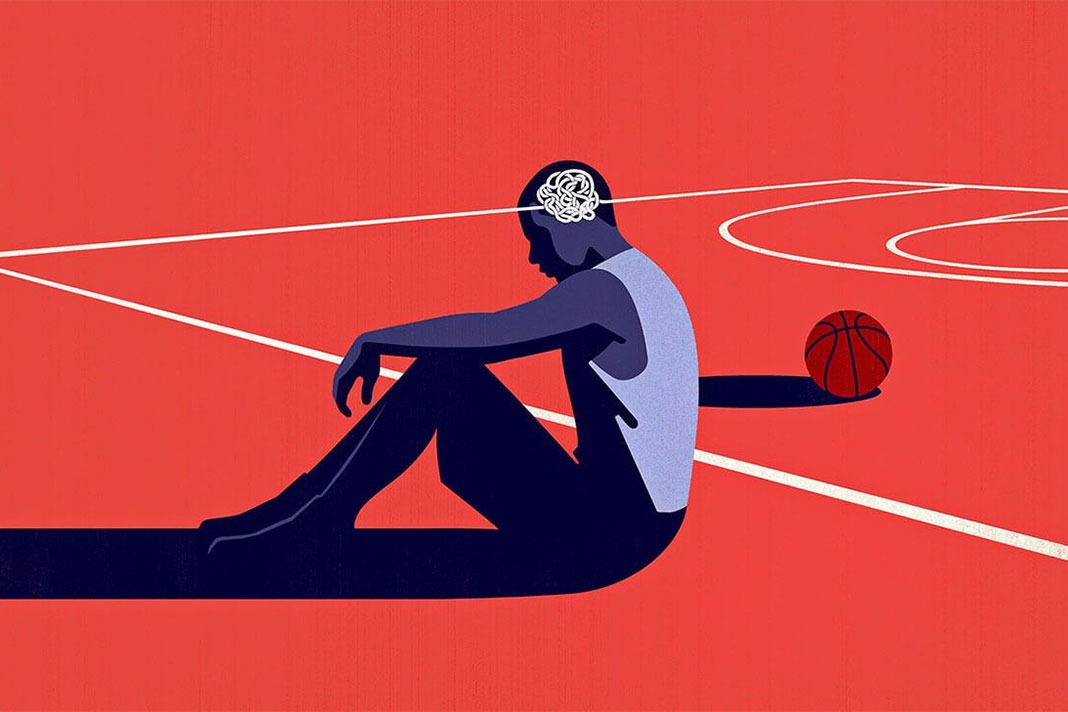Inessential hatred disguised as news and its toll on elite athletes’ mental well-being
-By Udbhav Mehta

"I think that also put a lot of pressure on me because I just felt in a way it was me against the world" - Naomi Osaka
Osaka’s feelings back in 2018 resonate with the current landscape of relationships between sports and journalism. While contact sports like the NFL have the headache of dealing with pressing issues like concussions (pun intended), the sports world needs to give more recognition to the mental health of athletes.
"The truth is I have suffered long bouts of depression since the U.S. Open in 2018 and I have had a really hard time coping with that"
says Naomi.
The idea that participation or commitment to sport precedes an athlete’s mental well-being is very detrimental to the efforts made to promote mental wellness for at-risk athletes. In today’s world where instant communication is effective and is accessible to the masses, often it is the negativity that leaks out to athletes. As commented on by various athletes such as Naomi Osaka, Kevin Love and Paul George athletes have been dealing with mental health issues as after effects of their image in their respective sports.
With the commercialisation of sports and the advancement of media, many sporting agencies have made it an obligation for the well performing players in the sport to attend media interviews. This leads to a high volume of interaction between athletes, the media and the public. The players usually being on the costlier end of the bargain are open to criticism and some outright hatred. Naomi Osaka receiving negative comments for her race, ethnicity, and even success are nothing short of what this exposure brings. The media has the ability to change the audience’s perception of an athlete by acting as an agent of critique in sports.
While all this is prevalent, the obligation to appear in press conferences is a redundant practice towards the welfare of athletes’ mental health. Osaka’s denial to attend press conferences proves this fallacy. The power media holds in changing public perception is of a high stature. Questioning the personal decisions of players, such as Osaka’s opting out of the tournament, is something that should be regarded as an unethical practice. The presence of the media intimidates them into feeling obligated to participate.
This calls for reforms in media to restrict certain questions that highlight personal stories of an athlete. All this has led to declining mental health of the athletes by constant criticism which in turn takes a toll on their physicality and play. The media should have higher degrees of restraint and there should be checks and balances to stop questioning going overboard. The sporting agencies have an essential duty in protecting their players and the obligations highlighted above should be removed. Athletes shouldn’t be expected to shut up and dribble. The public should stop expecting players to keep up appearances and understand that they too have personal lives. All this goes to bring a positive change in sports journalism ethics while further benefiting the sport holistically.